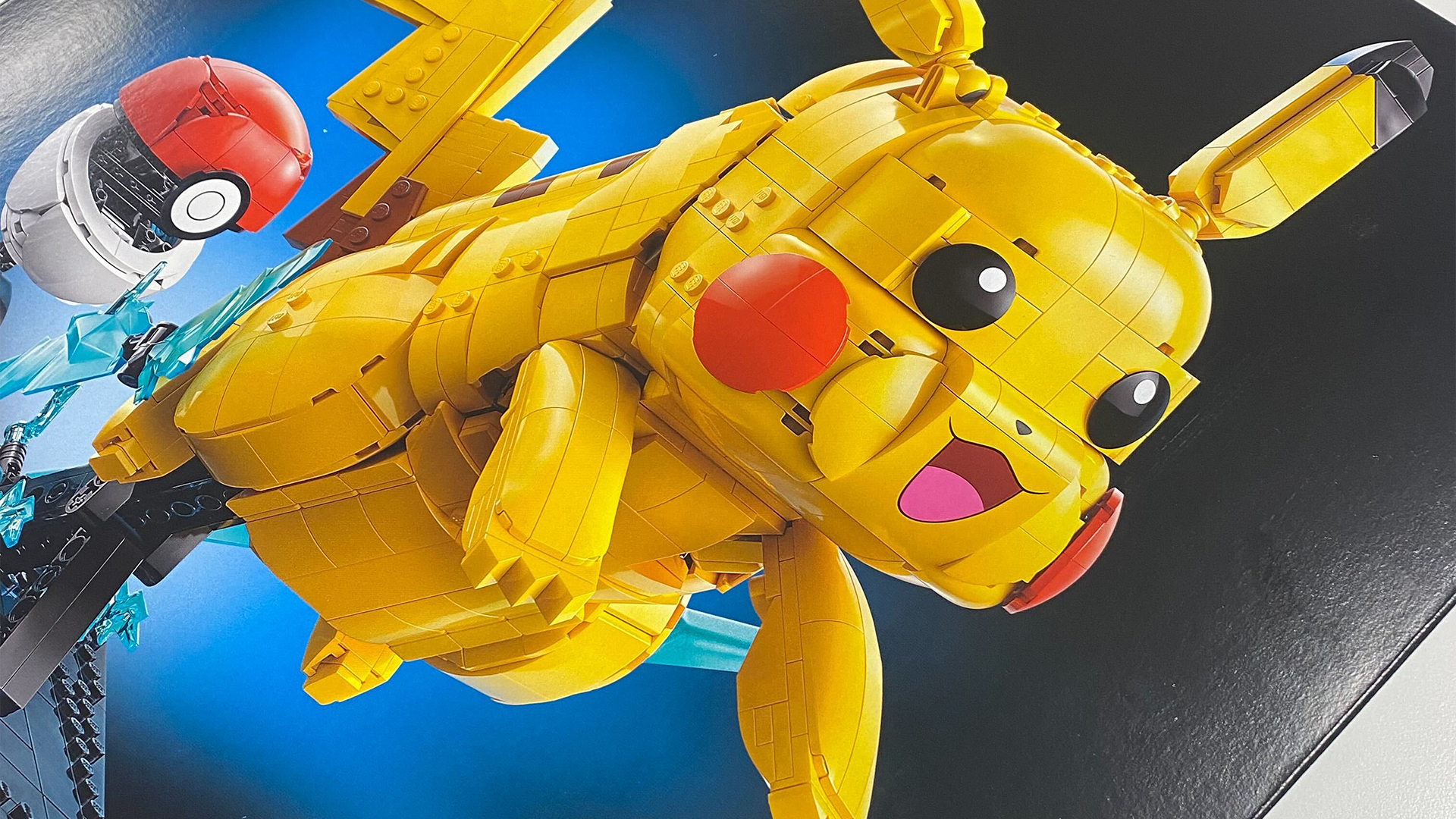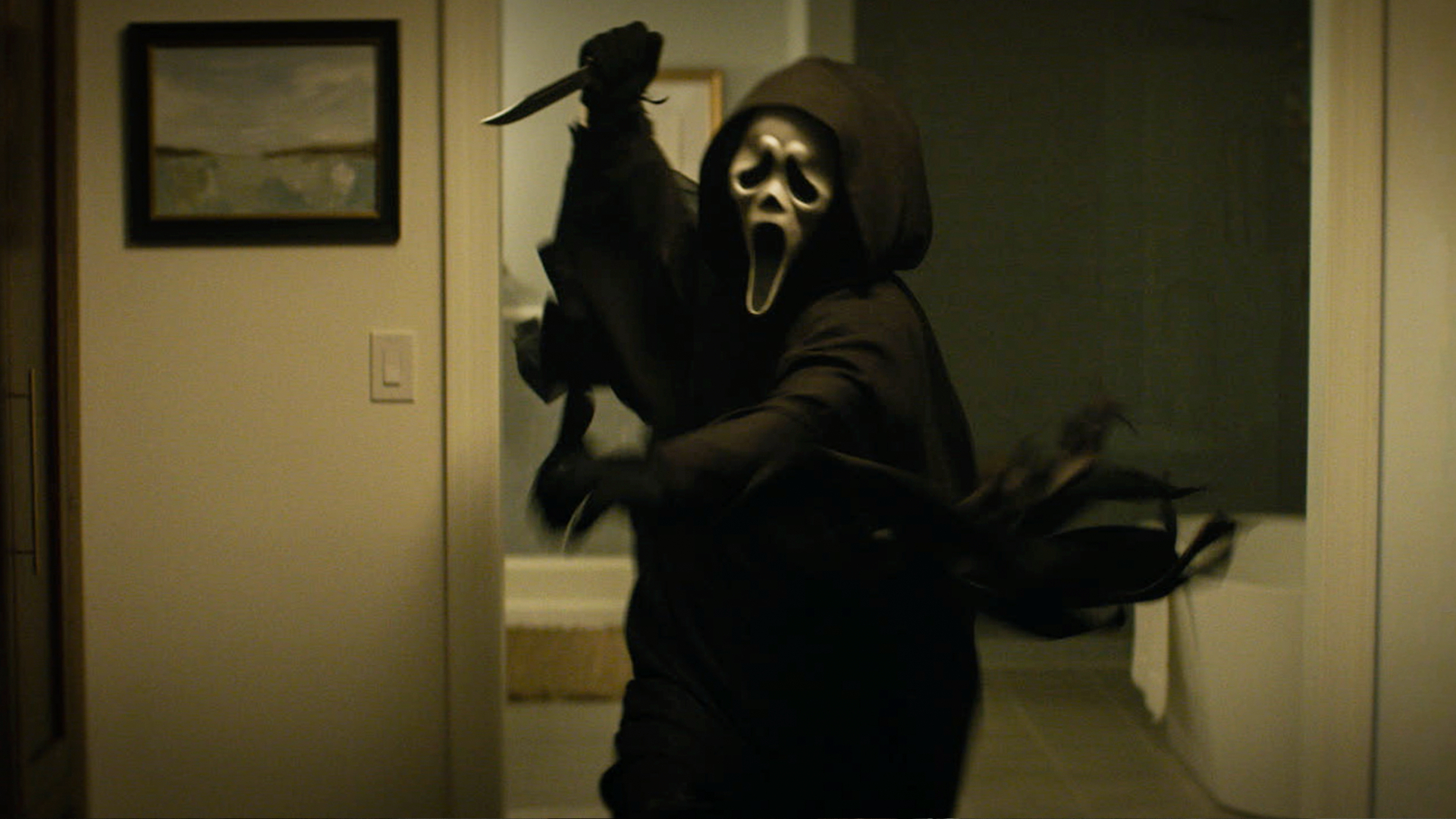The many advantages of being late to the party
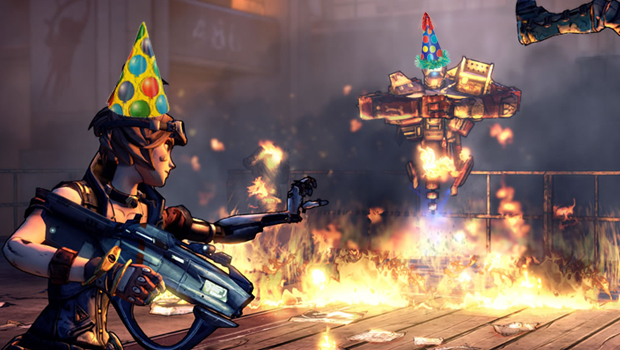
Patience is a virtue
Do you feel like you're living a lie? Day after day, your friends and acquaintances jabber on about all the latest games they're playing. When you check your buddy lists, they look like laundry lists of that week's new releases. You want to tell them, but you haven't mustered up the courage: You don't play video games as soon as they come out. You have no problem taking your time with the finer things in life, perfectly content with passing on the most recent blockbuster release until you're good and ready to play it.
You don't need to feel alone. Turns out, plenty of people have no qualms about playing games long after they've peaked in popularity. And that's just fine. In fact, it might be better than fine--because, for many reasons, it may actually be the way to go. Nothing against the people that feel the need to buy and finish games on launch day, but sometimes, waiting makes the heart grow fonder. Here's why you should feel proud the next time you're fashionably late to the party
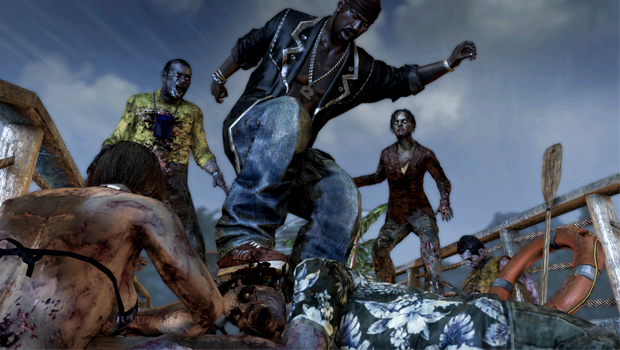
Post-launch patches iron out the worst bugs
No matter how much internal QA a game has undergone, a few bugs are bound to wriggle their way through the cracks. Decades ago, errant glitches were essentially permanent after launch; nowadays, even the most game-breaking bug can be fixed with a quick downloadable patch. So, would you rather feel like a beta tester when you encounter bug after immersion-breaking bug on launch day? Or do you want to reap the rewards of extra polish implemented post-release, and profit off all the hard work of those early adopters?
On its first day in the field, Dead Island was a hot, decomposing mess. Frame rates were plummeting, items in inventories were vanishing, and quests were refusing to recognize completion. Thankfully, through the combined efforts of the developers and the most dedicated fans, most of those game-ruining bugs have been banished to the hellish Glitch Zone, never to return. For some, a few weeks of waiting meant the difference between an atrocious, frustrating experience and a fun one.
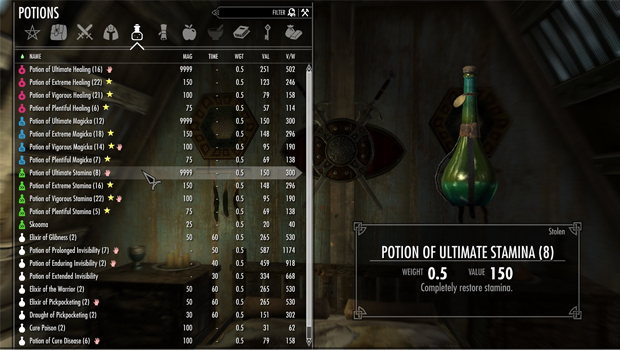
Fan-made mods let you play your way
Game developers want to do everything in their power to please their customers--but sometimes, time simply doesn't permit. When you're scrambling to reach a production goal or going into crunch time overdrive before launch, there are bound to be player-requested features that don't make it into the finished product. Thankfully, gamers are a resourceful bunch, particularly those of the PC variety. If you've ever found yourself wishing you could play a certain way or tweak the user interface just so, we've got good news for you: there's probably a mod for that.
With all the hoarding that goes on in a game like The Elder Scrolls V: Skyrim, it didn't take players long to realize how janky the inventory management could be. Within what felt like minutes, PC modders had devised a solution to their problem, sharing mods like SkyUI with the world. While user-generated quests and worlds can be awe-inspiring, sometimes it's the little adjustments that can most meaningfully enhance your enjoyment.
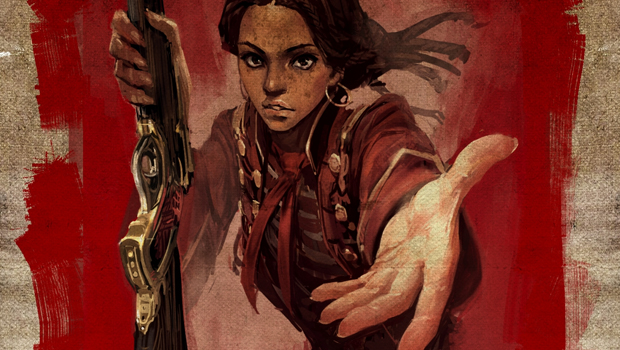
Insane sales save you cash
You may recognize this as one of our many Life Hacks for Gamers, but it bears repeating: if you're trying to game on the cheap, patience is your best ally. Unless you're talking about obscure PS1 JRPGs, price drops are all but inevitable--and lately, the prices of triple-A titles have been getting slashed in record time, with mere months (or even weeks) before good deals start cropping up. The game itself will still be pretty much the same--but when you're buying it for, say, 50% off, you're bound to be happier with the overall experience.
When BioShock Infinite launched back in late March, it went to retail for the standard $60. A few months later, during the Steam summer sale, thrifty spenders could pick it up for half that. Similarly, Amazon currently lists the Xbox 360 copy of this FPS triumph for just over $30. That kind of dollar-to-enjoyment ratio is astounding, and it's but one in a sea of great games that have plummeted in price since launch.
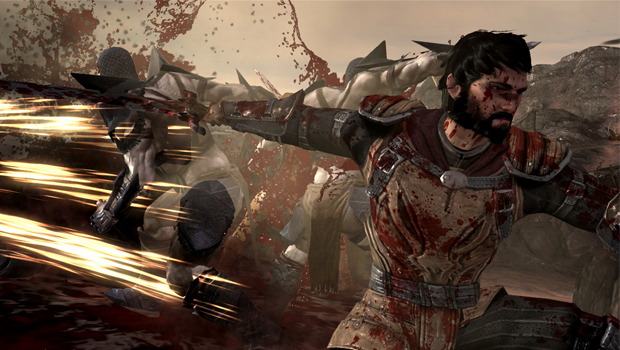
You get your pick from the cream of the crop
Unless you're a masochist or love mocking things of regrettable quality, you probably don't enjoy playing bad games. And, funnily enough, buying brand-new games based on preview hype, franchise loyalty, or blind faith can result in you spending money on the equivalent of virtual garbage. Why bother with any of the bad, when you could spend your precious time only playing the good? Once the dust has settled on all the new releases, it'll be exponentially easier figuring out which ones are worth your time and money. After all the excitement of THE LATEST BIG THING fades away, you'll be able to judge quality much more clearly.
Remember Ninja Gaiden 3? Imagine the crushing disappoint experienced by those who bought it on day one, assuming it would live up to its predecessors. RPG latecomers knew to greatly temper their expectations for Dragon Age II, or simply avoid it altogether. Your backlog's full enough of great games as it is--better to let the stinkers fall by the wayside and reserve your precious time on this earth for the best of the best.
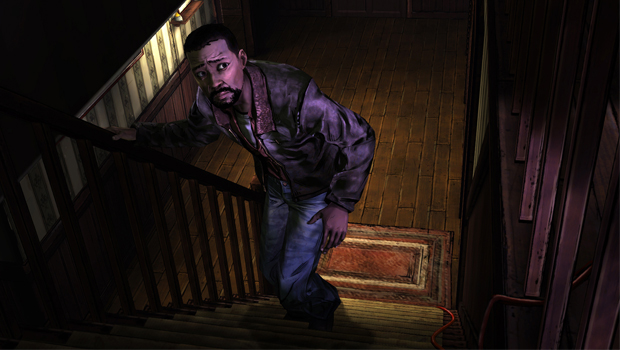
You won't have to wait for new content
DLC additions and episodic games are best enjoyed in a single stretch. Games reach their zenith when you're fully immersed--you're attached to the protagonists, you've gotten the hang of the controls, and you clearly know your objective. But if you're returning to a months-old game for the latest chunk of downloadable content, all that knowledge and personal investment might have dwindled into nothingness. Worse still can be the agonizing wait between installments, desperately wanting to know the end to a story that won't be available for weeks.
Telltale's The Walking Dead--our Game of the Year 2012--is at its most impactful when you experience its story as a whole, rather than five segments split up by extended periods of waiting. When you have the complete story at your disposal, it's that much easier to get caught up in the narrative and fall in love with its characters. Cliffhangers become exciting virtual page-turners instead of torturous build-ups to the next episode.
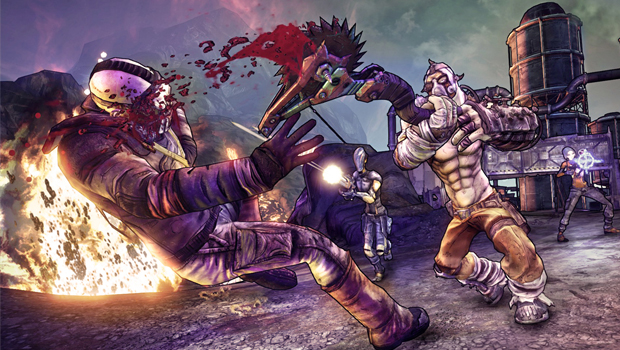
DLC gives you a unique starting experience
By now, both publishers and gamers have learned their lesson about what makes bad DLC. Giving players the option to simply buy their way to full completion or gated content is a waste; you'd much rather be spending your money getting a new way to play the game. The purpose of additional DLC is to give you a reason to come back to something you've already completed; a reason to pick it back up off the shelf. But it also has an added benefit for newcomers: more options for how to first play through the game.
Take Borderlands 2, for instance. When it first debuted way back in 2012, not everyone was able to find their digital soul mate in one of the four available Vault Hunters. If you enjoyed summoning, the best you could do was the Commando's turret; melee enthusiasts were simply SOL. Flash forward to a year later, and the Mechromancer and Krieg have perfectly filled those beloved niche roles. Those who take the Borderlands 2 Game of the Year Edition for a spin can enjoy those classes right from the get-go, instead of relegating them to an alt.
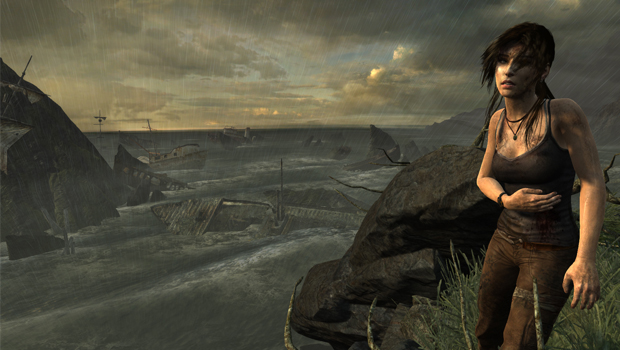
Feel free to play at your own pace
Whether it's the latest episode of a TV show or the newest game from your favorite developer, there's a pressure to consume content as soon as humanly possible so you can be a part of the conversation when chatting amongst friends or forum-goers. This is a problem that plagues the entertainment world at large: the fear that if you don't keep up, you'll be left out. But you know what? That just isn't true. Good games are good games no matter when you play them, and there will always be people talking about these exceptional experiences long after launch day.
When the recent Tomb Raider reboot hit store shelves, it was the talk of the Internet town. Every message board and website was riddled with discussions of Lara Croft's latest adventure, often assuming that readers had completed it within days of release. But playing it now, all that deafening buzz has subsided, replaced by the serenity of only your personal impressions of the game. You're free to enjoy the exploration at your own pace, without the game feeling like a ticking time bomb of social relevance.
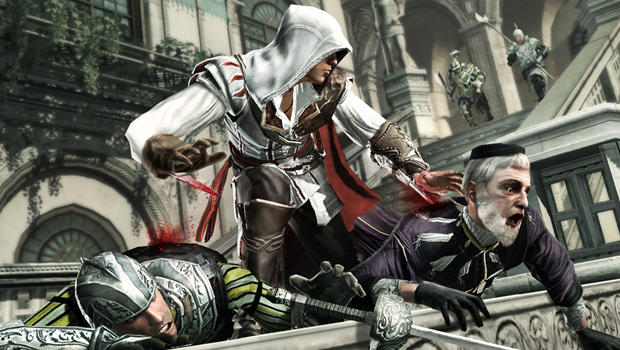
There's always the sequel
Now, you shouldn't always assume that every promising IP will evolve into a full-blown franchise. But depending on the publisher, it can be pretty easy to tell which games have had the most invested in them, and which are likely to spawn a sequel after commercial success. Provided you don't mind waiting a year or two, there's a good chance that you can forego the original game entirely and just start with the refined mechanics of the sequel. The perfect example of this phenomenon? Assassin's Creed II.
Altair's escapades in the original Assassin's Creed showed promise, but as an overall experience, the proceedings could get a bitboring. The sequel fixed everything that gamers complained about in the original; a charming rogue replaced the first game's bland protagonist, the new Italian setting felt much more alive, and the mission variety was far greater. It's become common practice for AC initiates to simply skip the first game and get right to the good stuff--and time saved is money earned.
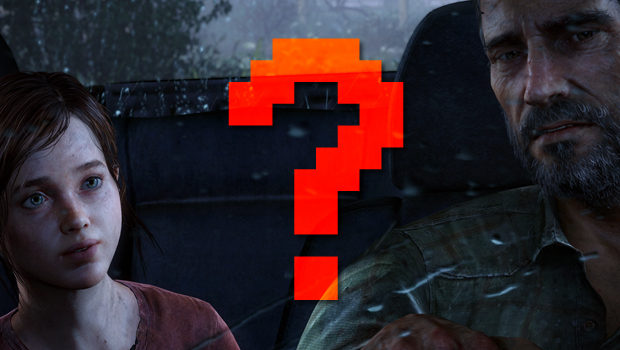
Not waiting in vain
Do you count yourself amongst those who don't mind skipping over the latest releases? Are you perfectly OK with playing a game months--or years--after the hype has passed? Share with us in the comments about why you don't mind being late to the party. And yes, take as much time as you need.
And if you're looking for more, check out What type of gamer are you? Let our personality test decide and What's a game you wish more developers ripped off?.

Lucas Sullivan is the former US Managing Editor of GamesRadar+. Lucas spent seven years working for GR, starting as an Associate Editor in 2012 before climbing the ranks. He left us in 2019 to pursue a career path on the other side of the fence, joining 2K Games as a Global Content Manager. Lucas doesn't get to write about games like Borderlands and Mafia anymore, but he does get to help make and market them.
Weekly digests, tales from the communities you love, and more
You are now subscribed
Your newsletter sign-up was successful
Want to add more newsletters?
